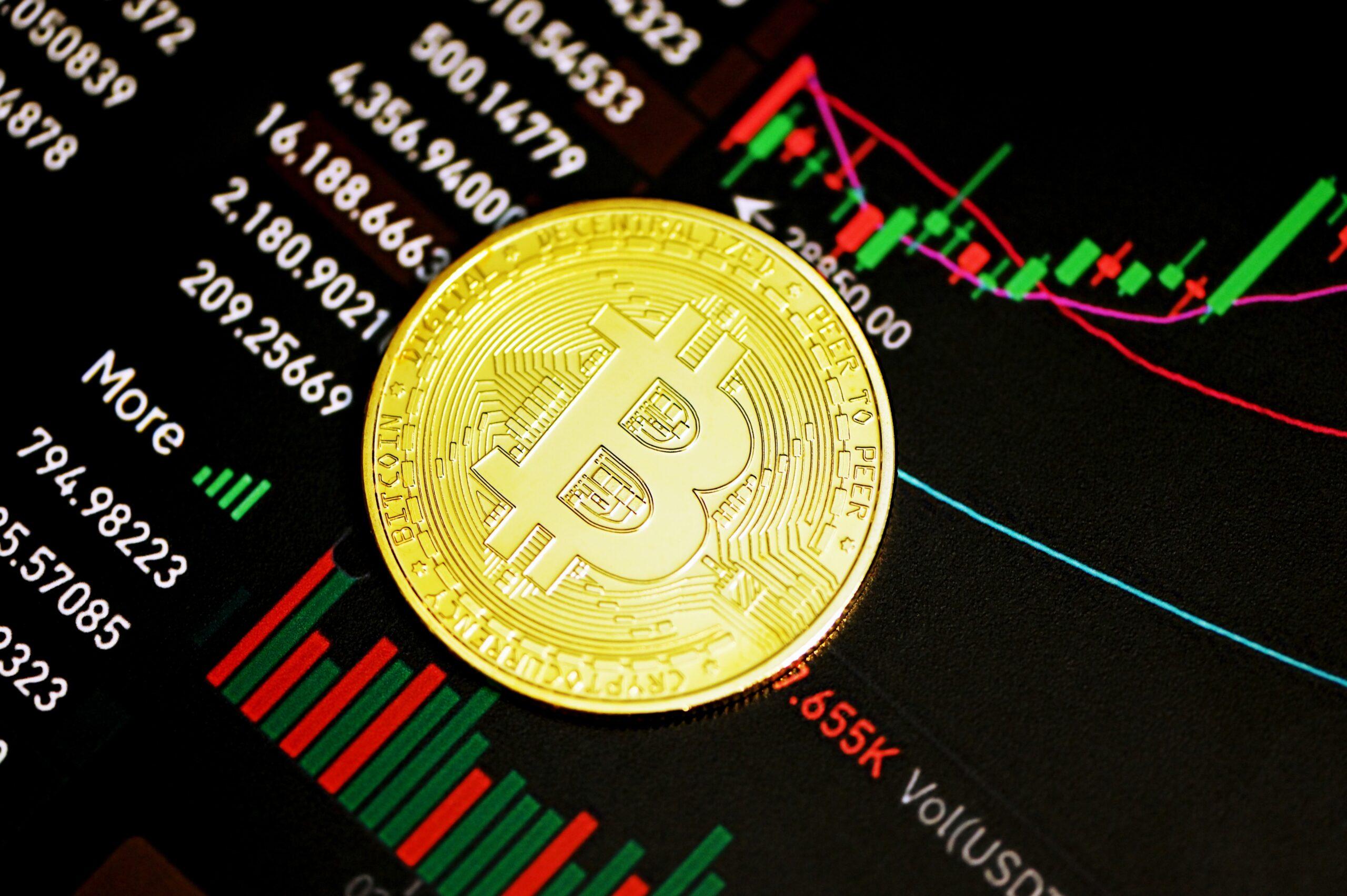Bitcoin exchanges and trading platforms have become increasingly popular in recent years as more people seek ways to buy, sell, trade, store, and use Bitcoin. This article will provide an overview of what these platforms are, how they work, where you can find them, what to look for when selecting one, and the advantages and disadvantages of using a centralized versus decentralized exchange/trading platform.
The history of Bitcoin exchanges and trading platforms dates back to 2010 when the first exchange – Mt. Gox – was launched in Japan. Since then, numerous other exchanges have been established around the world – including Coinbase in the United States and Bitstamp in Europe – allowing users to purchase, sell, trade, store and use Bitcoin as well as other cryptocurrencies such as Ethereum or Litecoin.
Using a Bitcoin exchange or trading platform has many benefits; it is easier to find buyers and sellers on these platforms than through peer-to-peer transactions; they are often more secure than traditional banking systems due to their advanced encryption technologies; they offer access to a wide range of currencies so users can easily convert their funds into different currencies if needed.
When choosing a Bitcoin exchange or trading platform there are several things that should be taken into consideration. Firstly it is important to make sure that the platform is reputable with a good track record among its users. Fees associated with using the platform should also be looked at to ensure that they are reasonable. Additionally security measures should be examined closely to guarantee that user data and funds are safe. Finally it is important to make sure that the platform offers the desired currency for trading.
Popular Bitcoin exchanges and trading platforms include Coinbase, Binance, Kraken, Bitstamp and Gemini; each offering its own unique features while all allowing users to buy, sell, trade, store and use Bitcoin as well as other cryptocurrencies.
When buying or selling on a Bitcoin exchange or trading platform there are several steps that must be taken; creating an account with the platform which requires identity verification followed by depositing funds via bank transfer or credit/debit card before finally being able to purchase or sell cryptocurrency on the platform itself.
Common risks associated with using a Bitcoin exchange or trading platform include hacking attacks which could result in users losing their funds if their accounts were compromised by hackers who gain access to private keys or passwords; strong passwords and two-factor authentication should always be used for extra security alongside making sure that only reputable platforms with good track records among their users are chosen for transactions.
When selecting a Bitcoin exchange or trading platform security measures should always be taken into consideration; look for platforms that offer advanced encryption technologies such as cold storage and multi-signature wallets to protect user data and funds. Additionally, two-factor authentication and other security features should be implemented to make sure accounts are as secure as possible.
Bitcoin exchanges and trading platforms typically charge different types of fees when users buy, sell, trade, store or use Bitcoin or other cryptocurrencies; these fees can include transaction fees, deposit/withdrawal fees, currency conversion fees and trading fees. It is important to understand these fees before using any platform in order to get the best deal available.
When considering whether to use a centralized or decentralized exchange/trading platform there are several factors that must be taken into account. Centralized exchanges offer more liquidity due to their connection with multiple markets but this comes at the cost of increased risk due to their centralized nature making them vulnerable to hacking attacks. Decentralized exchanges offer more privacy since they don’t require users to submit personal information but they also come with lower liquidity since they aren’t connected to multiple markets.
In conclusion, Bitcoin exchanges and trading platforms provide an easy way for people to buy, sell, trade, store and use Bitcoin as well as other cryptocurrencies. When choosing one it is important to consider the reputation of the platform alongside the security measures in place and the types of fees charged by it. Additionally users should decide whether they want to use a centralized or decentralized exchange/trading platform depending on their needs and preferences.
